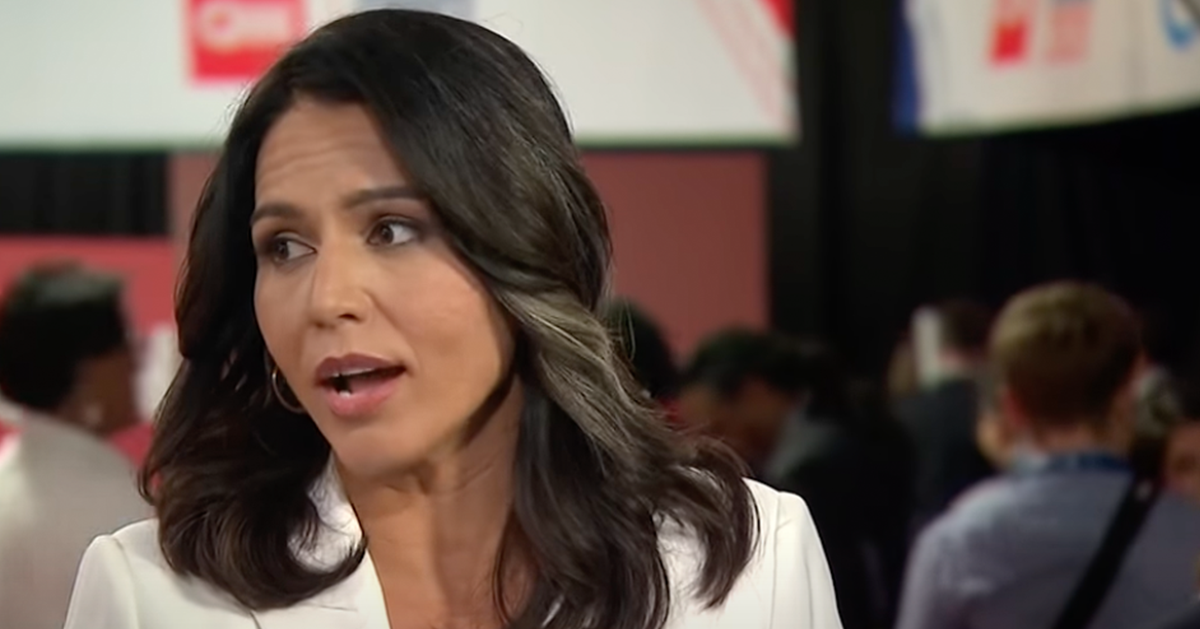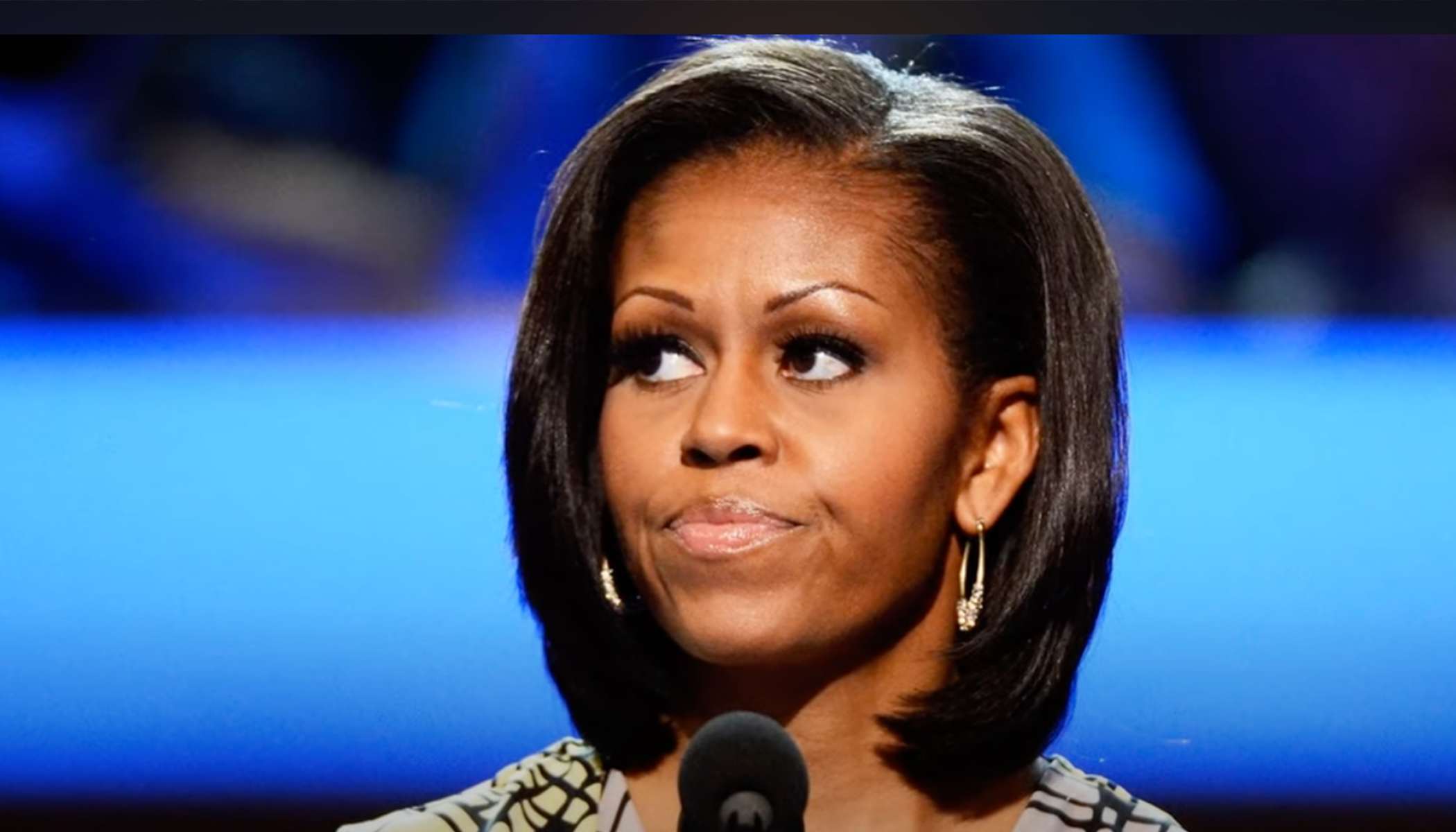Supreme Court upholds Trump's freeze on billions in foreign aid
In a pivotal decision, the U.S. Supreme Court on Friday extended an order allowing President Donald Trump's administration to withhold nearly $5 billion in foreign aid, spotlighting a heated debate over executive spending power, as the Associated Press reports.
In a significant victory for Trump, the court's conservative majority upheld the freeze on congressionally approved funds, despite dissent from the three liberal justices, marking a temporary win in a broader legal battle over presidential authority.
The controversy began in August when President Trump announced he would not allocate the $4.9 billion in foreign aid, invoking a rarely used executive power last exercised about 50 years ago.
Trump's maneuver sparks legal firestorm
On Aug. 28, Trump sent a letter to House Speaker Mike Johnson, formally stating his intent to withhold the funds, effectively slashing the budget without congressional consent.
This action, known as a "pocket rescission," was strategically timed near the end of the fiscal year, a move the White House argued allowed them to bypass spending due to congressional inaction within a 45-day legal window.
Under federal law, such a rescission requires Congress to approve within 45 days, or the funds must be disbursed, but the fiscal year's end complicated this process.
Court battles over aid intensify
Legal challenges quickly emerged, with U.S. District Judge Amir Ali ruling that Trump's decision was likely unlawful and that Congress must authorize any withholding of funds.
The U.S. Court of Appeals for the District of Columbia Circuit initially lifted an injunction from Ali that would have mandated spending the aid, though the lawsuit continued.
Plaintiffs returned to Ali's court after Trump's rescission notice, leading to the current order under dispute, which Ali indicated would not be the final say in the matter.
Supreme Court steps into heated dispute
The federal appeals court in Washington declined to pause Ali's ruling, but Chief Justice John Roberts issued a temporary block on Sept. 9.
Friday's decision by the full Supreme Court indefinitely extended Roberts' order, with the conservative majority citing Trump's authority over foreign affairs as a key factor, though they emphasized this is not a conclusive judgment.
The three liberal justices, Elena Kagan, Sonia Sotomayor, and Ketanji Brown Jackson, dissented, with Kagan writing, "The effect is to prevent the funds from reaching their intended recipients -- not just now but (because of their impending expiration) for all time."
Broader implications for global relief efforts
Nick Sansone, an attorney with Public Citizen Litigation Group representing the AIDS Vaccine Advocacy Coalition, criticized the ruling, stating, "The high court’s decision further erodes separation of powers principles that are fundamental to our constitutional order."
He added, "It will also have a grave humanitarian impact on vulnerable communities throughout the world."
Judge Ali himself underscored the stakes, saying, "This case raises questions of immense legal and practical importance, including whether there is any avenue to test the executive branch’s decision not to spend congressionally appropriated funds."






